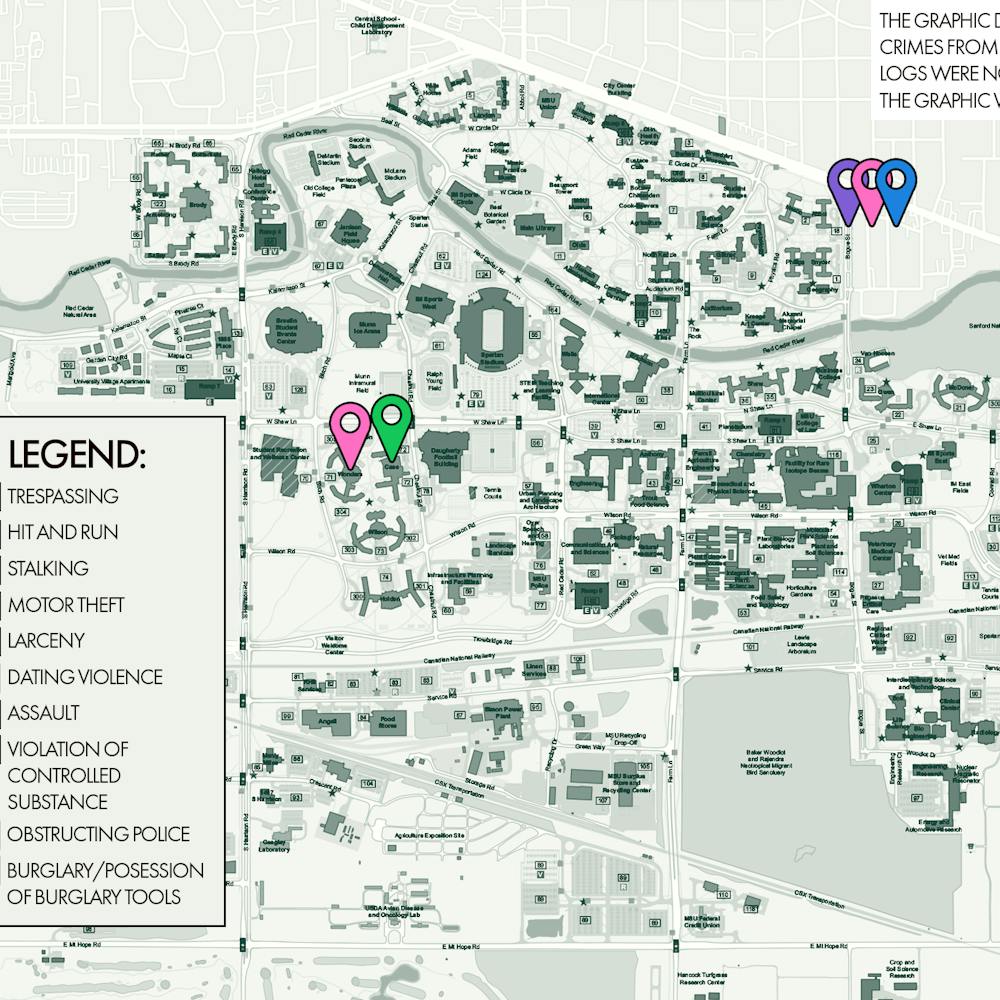A common refrain that has been heard post election is that news organizations did not know the average American voter, and it’s true.
Organizations like The New York Times and The Washington Post predicted an easy victory for then-Democratic presidential nominee Hillary Clinton, something that obviously did not happen. The State News endorsed Clinton, a viewpoint that aligned with Ingham County, a county that traditionally votes blue. But Ingham was one of only eight Michigan counties to vote blue. We knew who the average MSU student would vote for, however, we had no clue what would happen statewide.
The same problem can found in news organizations across the nation. Big news organizations are located on the coasts of the United States, and it’s hard for them to know who the factory worker from Gary, Ind. or the farmer in Iowa plan to vote for. Small newspapers located in America's heartland might have called the election correctly, but they were only relevant to a select group of people.
That’s something that needs to change before the next presidential election cycle. All of the American people deserve to have their voices heard by the big news organizations, and it’s the only way to make sure the next election does not blindside the media and many Americans.
Since Nov. 8, the media has been scrambling to figure out what went wrong, how to fix it before the 2020 election and where we go from here with President Donald Trump.
Trump has made it clear that he does not like “the liberal media." He has also proven that he does not need us to get his message out to the American public — he has Twitter for that. What that means exactly for the future of journalists, no one actually knows. But what we do know is that while our jobs may be evolving, the most basic part of our job will always stay the same.
Journalists and the media exist to fact check the government and the president. Our job is to make sure the American public has access to the truth. No matter what politicians say, we are here to let everyone else know if what was said was true or not, and if it was not true, our job is to provide the truth. We cannot force anyone to read what we write, and we cannot make anyone believe us, but our job is still our job. It has been our job since 1690 when the first newspaper was published in America, and it will always be our job.
The State News Editorial Board is made up of the Editor-in-chief Jake Allen, Managing Editor Cameron Macko, Campus Editor Rachel Fradette, City Editor Stephen Olschanski, Sports Editor Souichi Terada, Features Editor McKenna Ross, Copy Chief Casey Holland, Staff Representative Marie Weidmayer and Diversity Representative Madison O'Connor.
Support student media!
Please consider donating to The State News and help fund the future of journalism.
Discussion
Share and discuss “Editorial: Post-election media must change, job remains the same” on social media.






